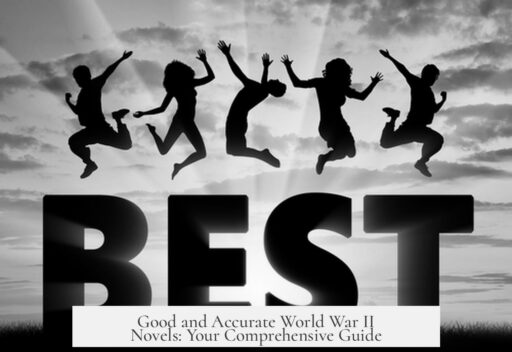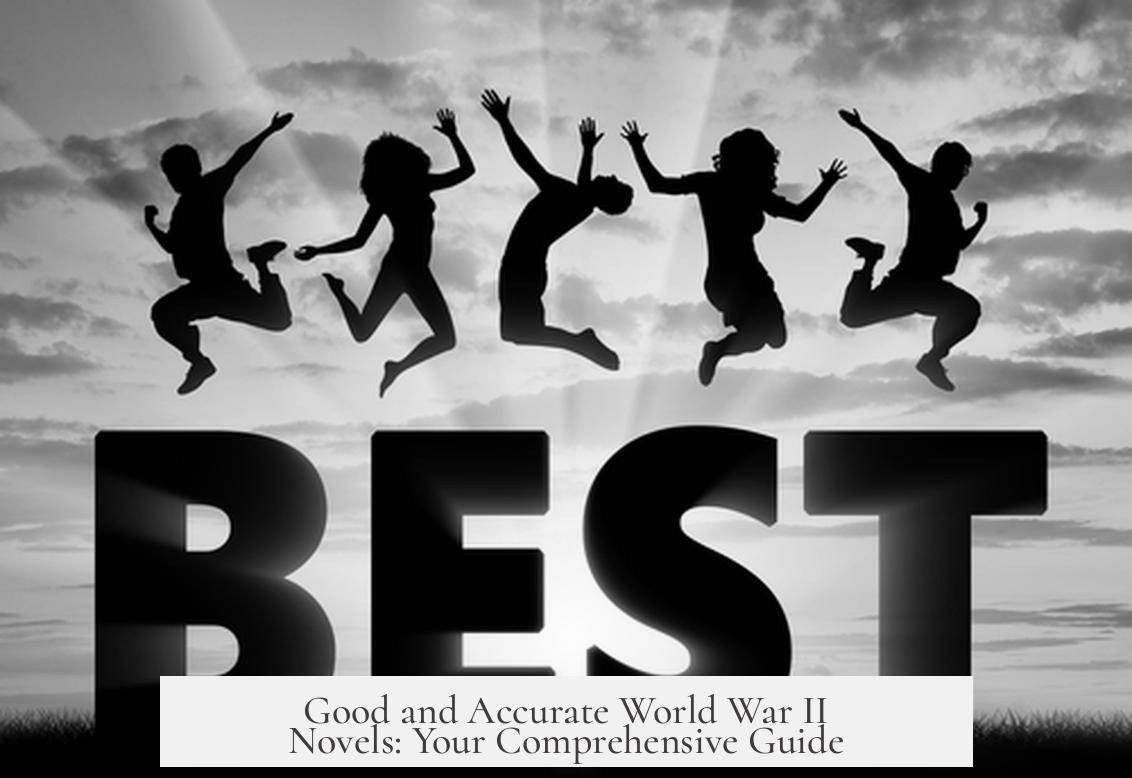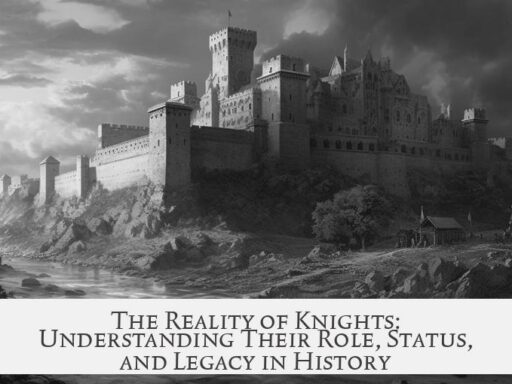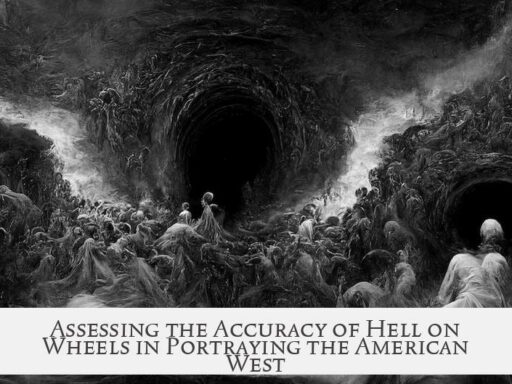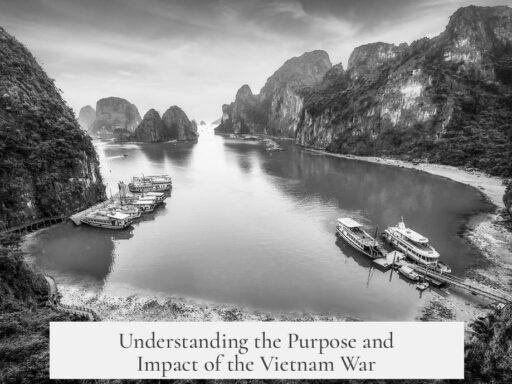For readers seeking good, accurate World War II novels, several outstanding options span various theaters, perspectives, and themes. These works balance historical accuracy with engaging storytelling, offering rich depictions of the war’s complexity. Whether focusing on frontline combat, espionage, civilian life, or the Holocaust, these novels provide vivid narratives grounded in well-researched facts.
Herman Wouk’s novels stand out for their meticulous research and incorporation of real historical figures. His works, such as those similar to The Caine Mutiny, provide detailed insight into naval warfare and the trials soldiers face. They blend strong character development with a strong foundation in historical context.
The Eastern Front, a brutal and pivotal theater, is vividly portrayed in Guy Sajer’s memoir The Forgotten Soldier. Sajer, drafted into the Wehrmacht, shares a chilling and poignant account as a soldier in the Grossdeutschland division. Sven Hassel also offers a series of novels from a German perspective, especially focusing on Eastern Front battles. Hans Hellmut Kirst’s Officer Factory reveals experiences in a Nazi military academy, capturing the harsh realities of military indoctrination in 1943-44.
- Philip Kerr’s Bernie Gunther series merits mention for combining historical detail with thrilling detective fiction, all from a German perspective during and slightly after the war.
The Pacific Theater is well represented by classics such as Norman Mailer’s Naked and the Dead, a powerful novel focusing on the South Pacific campaign. Edward Beach’s Run Silent, Run Deep explores the tense world of U.S. submarine warfare. James Jones’s trilogy—From Here to Eternity, The Thin Red Line, and Whistle—offers comprehensive narratives on the American soldier’s experience in this theater.
For a French civilian perspective during occupation, Irène Némirovsky’s Suite Française provides a contemporary account of the chaos following the German invasion. This novel was discovered posthumously, revealing valuable insights into civilian life under occupation.
British wartime experience and air force operations are detailed in Nevil Shute’s works, including Pastoral, Landfall, and Most Secret, which combine technical accuracy with human stories.
Espionage and resistance activities also feature in this literature. Brian Garfield’s The Paladin narrates a young spy’s mission in France, while Alan Furst’s Night Soldiers offers engrossing WWII espionage thrillers. Agent ZigZag, though nonfiction, reads like a novel about a double agent’s daring exploits.
Holocaust literature, essential for a full understanding of WWII, includes Elie Wiesel’s Night and Primo Levi’s autobiographical works If This Is a Man and The Truce. These provide firsthand detail and emotional depth about concentration camp life and survival. Sophie’s Choice and Ian McEwan’s Atonement also incorporate Holocaust perspectives within a broader narrative.
Alternate history novels such as Robert Harris’s Fatherland explore “what if” scenarios, imagining a world where Nazi Germany won the war. These books provide engaging but speculative readings rather than strict historical accuracy.
Ken Follett’s Winter of the World, the middle book of his Century Trilogy, intertwines multiple family stories across Britain, Germany, America, and Russia. It is praised for historical accuracy and detailed social, political, and military events. Follett’s work is suited to readers wanting broad scope across multiple fronts and perspectives.
| Recommended WWII Novels by Theme | Title | Author | Notes |
|---|---|---|---|
| Naval Warfare | The Caine Mutiny | Herman Wouk | Naval battles and war trials |
| Eastern Front | The Forgotten Soldier | Guy Sajer | Memoir of German soldier |
| German Perspective | Officer Factory | Hans Hellmut Kirst | Military academy storytelling |
| Pacific Theater | Naked and the Dead | Norman Mailer | South Pacific combat |
| French Occupation | Suite Française | Irène Némirovsky | Contemporary perspective |
| Espionage | Night Soldiers | Alan Furst | Espionage thriller |
| Holocaust | If This Is a Man | Primo Levi | Concentration camp memoir |
| Alternate History | Fatherland | Robert Harris | What-if Nazi victory |
| Multi-Perspective | Winter of the World | Ken Follett | Broad WWII scope |
Other notable works of high acclaim include Leon Uris’s Battle Cry, which portrays the U.S. Marine Corps experience, Louis de Bernières’s Corelli’s Mandolin on the Italian occupation of Greece, and James Ballard’s Empire of the Sun about life in a Japanese internment camp.
For readers wanting nonfiction or autobiographical memoirs reflecting accurate personal experiences, consider Wolfgang Samuel’s German Boy, Hans Goebler’s Steel Boats, Iron Hearts, or Spike Milligan’s humorous but sometimes poignant Adolf Hitler: My Part in His Downfall.
While no novel can achieve absolute historical precision, all these books strive for realism in setting, character, and event depiction. They reflect rigorous research and often incorporate firsthand accounts or archival material. These works offer readers both insight into World War II’s multifaceted nature and compelling narratives that bring history to life.
- Herman Wouk and Ken Follett provide historic breadth with strong research.
- The Eastern Front is vividly captured by Guy Sajer and Sven Hassel.
- Pacific Theater novels by Mailer and Jones showcase American combat.
- French, British, and espionage perspectives diversify viewpoints.
- Holocaust memoirs by Levi and Wiesel convey essential human experiences.
- Alternate histories engage readers while separating fact from fiction.
- Autobiographical nonfiction adds personal depth to the WWII narrative.
I’m Looking for Good, Accurate World War II Novels: A Thorough Guide

If you want good, accurate World War II novels, the key is to find books that blend gripping storytelling with rigorous historical research and evocative perspectives from diverse fronts and experiences. In other words, you don’t have to sacrifice drama for accuracy. Let’s dive into what the literary world offers for WW2 buffs and novices alike, armed with facts, memoirs, and narratives from all sides of the conflict.
Is there a better way to understand the Second World War than through novels? Yes, primary documents and histories are excellent for facts. But novels? They put faces on facts and humanize the chaos. And accuracy? While no novel can claim absolute historic precision, some come astonishingly close.
Wouk’s Ever-Respectable Historical Epics
Herman Wouk stands tall among writers who emphasize accuracy without dullness. His World War II novels are laden with intricate details and feature interactions with prominent historical figures. That kind of research shows dedication. Plus, Wouk doesn’t ignore the emotional trials of war, as seen in The Caine Mutiny. If you want your fiction grounded but engrossing, Wouk’s work is a great start.
Facing the Eastern Front: Stark, Vivid, and Relentless
The Eastern Front novels bring a darker, grittier tone. Guy Sajer’s The Forgotten Soldier recounts experiences from a French-German forced draftee in the Wehrmacht. The first-person narrative is chilling and raw—like being on the frozen front lines.
Sven Hassel also offers a trove of Eastern Front stories from a German’s viewpoint that are gritty and unvarnished. To get a sense of the brutal training and mindset inside a Nazi military academy, Hans Hellmut Kirst’s Officer Factory—available in English—is recommended. Military discipline meets nightmare in this one.
Philip Kerr’s Bernie Gunther series deserves a nod too—though technically more detective thriller, it crucially explores the German psyche amidst war turmoil with wit and somberness.
The Pacific Theater: From Submarines to Snipers
For the Pacific front, options abound. Norman Mailer’s Naked and the Dead offers a profound infantry experience on islands of the South Pacific. James Jones’s trilogy—From Here to Eternity, The Thin Red Line, Whistle—totally nails the emotional and brutal realities faced by American soldiers.
- With the Old Breed at Peleliu and Okinawa is a memoir lauded for its raw depiction of the Marine Corps’ toughest battles.
- Run Silent, Run Deep by Edward Beach dives deep into the dangerous lives of US submarine crews.
- Guadalcanal Diary is another vivid recount of that crucial campaign.
Even the Japanese perspective is explored in Fires on the Plain by Ooka Shohei, depicting survival in desperate conditions on Leyte Island.
Diving Into European Perspectives: British and French Voices
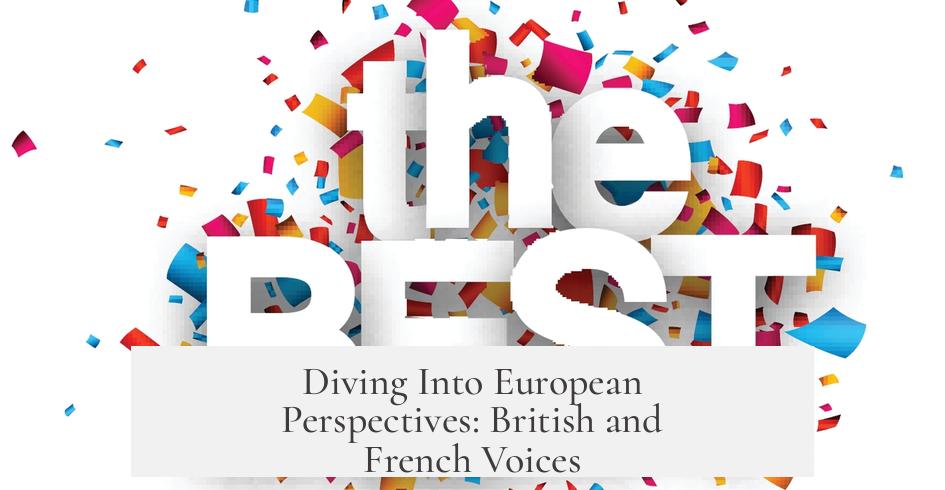
British readers or those curious about the British role cannot go wrong with Nevil Shute, whose pastoral prose contrasts with the tension of aerial combat and espionage. Titles like Pastoral, Landfall, and Most Secret add richness to understanding Britain’s wartime experience.
The French experience under occupation reveals shades of confusion and despair in Irene Nemirovsky’s Suite Francaise. Written during the occupation but published decades later, the novel captures the chaos and moral ambiguity of wartime France with immediacy. The author’s tragic fate at Auschwitz adds weight to every page.
Espionage and Resistance: The Thrilling Underground War
If spies and shadow operations pique your interest, The Paladin by Brian Garfield and the nonfiction Agent ZigZag are compelling. The latter reads like a Bond novel but is true—one double agent who juggled loyalties with flair and danger.
Alan Furst continues to dazzle with his atmospheric espionage thrillers like Night Soldiers, expertly weaving historical fact into suspense.
Facing the Horror: Novels About the Holocaust
No discussion is complete without books addressing the Holocaust. Elie Wiesel’s Night is a cornerstone, capturing the profound trauma of concentration camps.
Primo Levi’s memoirs—If This Is a Man and The Truce—are arguably even more detailed and nuanced. Levi’s sober, almost clinical recounting brings alive the everyday struggles and human connections amid the worst cruelty.
While not purely about the Holocaust, Sophie’s Choice and Ian McEwan’s Atonement incorporate wartime suffering with deep moral dilemmas.
Alternate History: What If Hitler Had Won?
For a twist on reality, Robert Harris’s Fatherland imagines a chilling Nazi-dominated future. It’s not a history textbook, but it forces readers to confront the horrors that might have been.
Another quirky take is In the Balance, where WWII collides with an alien invasion—fantastical but imaginative!
The Century Trilogy: A Contemporary Epic with Accuracy

Ken Follett’s Winter of the World, the second in his Century Trilogy, has just hit shelves. It’s a sweeping narrative through WWII, interlacing lives and politics across Germany, Britain, the US, and Russia.
Praised for its historical accuracy, the book explores political and social shifts more than battles. Follett’s meticulous research shapes a nuanced experience of the era.
Other Valuable Reads Worth Exploring
- City of Thieves offers a gripping tale of survival during the Siege of Leningrad with humor and heart.
- Battle Cry by Leon Uris mixes first-hand marine action with lighter moments before plunging into battlefield horror.
- Das Boot by Lothar Günter Buchheim immerses readers in the claustrophobic life aboard a German U-boat.
- War of the Rats tells the true sniper duel during Stalingrad with edge-of-your-seat intensity.
- The Guernsey Literary and Potato Peel Pie Society stylishly portrays life under German occupation through letters and literature.
- The Longest Day carefully reconstructs D-Day events, reading like a novel and an academic study in one.
- Empire of the Sun by J.G. Ballard is an autobiographical glimpse into a boy’s life in a Japanese internment camp.
- A Woman in Berlin bravely explores German women’s experiences during Soviet occupation—rare and powerful.
Non-Fiction Autobiographies Add a Rich Layer
Sometimes truth beats fiction. Wolfgang W.E. Samuel’s German Boy paints growing up in wartime and post-war Germany with detail and heart. Similarly, Hans Goebler’s Steel Boats, Iron Hearts offers a sailor’s perspective aboard the feared U-boat U-505.
For humor mixed with wartime, Spike Milligan’s Adolf Hitler: My Part in His Downfall combines laughs with poignant reflections from the front.
And a semi-autobiographical novel called A Real Good War offers fresh insight from a navigator’s viewpoint during 1943-45.
Is Absolute Accuracy Possible in WWII Novels?
Good question. Pure historical accuracy in novels? Unlikely. Writers must balance fact and drama. But some come close by weaving primary sources and survivor testimonies into their tales. Evaluate books that mention extensive research or memoirs, and you’ll find a sweet spot.
Use online resources like the Wiki category page for World War II novels to scan comprehensive lists, then focus on those praised for authenticity and story quality.
Final Thoughts: What’s Your Ideal WW2 Novel?
Looking for action on the Eastern Front? Mechanical tension aboard submarines? Gritty frontline survival? Psychological drama of spies or the haunting reality of the Holocaust? There’s something for every angle and taste.
All these novels share one crucial trait: They bring history alive, helping readers grasp the vast human drama behind the dates and battles we memorize. And in their stories, the Second World War ceases to be distant history and becomes a vivid, unforgettable world. So, which novel will you dive into next?
